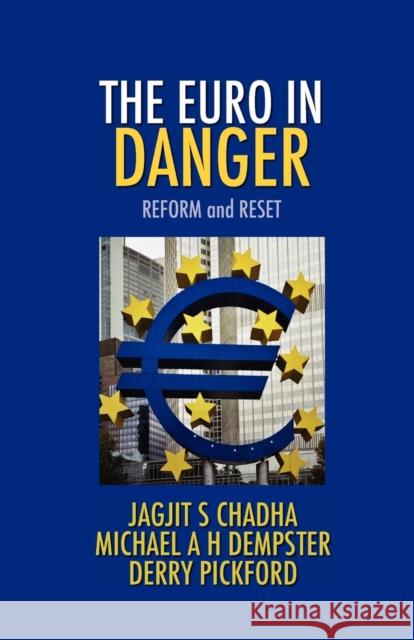The Euro in Danger » książka
The Euro in Danger
ISBN-13: 9781907720635 / Angielski / Miękka / 2012 / 104 str.
We wrote this book as the result of a number of passionate, and it must be admitted heated, conversations on the EMU question before Christmas 2011, around the time of the Fiscal Compact, which led to a first draft in January this year. We are putting the finishing touches to the work on the twentieth anniversary of the UK's exit from ERM, which occurred on 16th September 1992. European events continue to dominate the UK agenda, but now also the sentiment in global financial markets. We each have grown up with the spectre of the European question: How far should the UK integrate into the European project? The answer to that question has continually provided the context for so much of the UK policy agenda that it has sometimes proved hard to think more profoundly about the question in the Kennedy-sense of not what the Euro can do for us but what we can do for the Euro. Undoubtedly the missing ingredient in the Euro debate is what we might call good old-fashioned market liberalism. That would probably have been the main contribution that UK entry to EMU could have provided to Euro policymaking elite. We maintain in what follows that financial markets are not to be feared but, as they are enormously powerful machines for processing information, to be learnt from. However, they must also be intelligently managed, as they are prone to fads and fashions. We have tried here to collect up a number of such observations and comments into an agenda for reform in terms of necessary steps towards a functional Eurozone. This is not because we think that common currency ought to fail, but because we think that the current situation can and should be rescued. However time though is short. Already the sinews of the policymakers have been stretched to breaking point, and sadly, economic and monetary policy is not far behind.'











